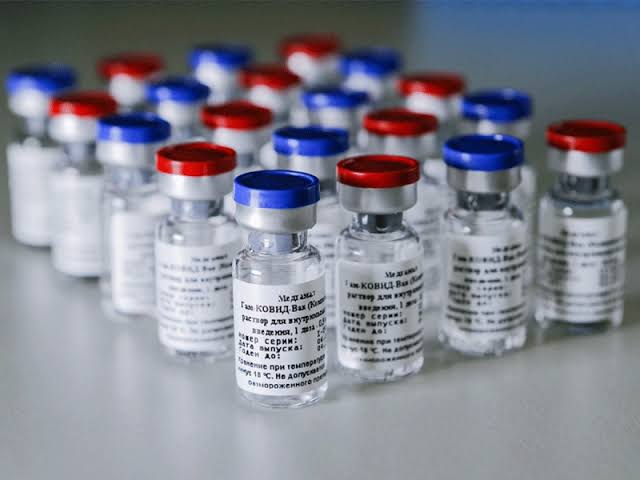Medical laboratory scientists and researchers have emphasized that Nigeria’s quest to regain its status as a West African vaccine hub hinges on the government’s firm political will and unwavering commitment.
These experts pointed out that Nigeria, which held the position of a vaccine hub for the West African sub-region between 1940 and 1991, can still reclaim this role. The scientists highlighted that producing vaccines locally is not an insurmountable challenge, especially with today’s advanced technology.
The researchers stressed that Nigeria possesses the required human expertise to manufacture vaccines but necessitates government dedication in terms of providing the necessary infrastructure.
The administration, led by President Bola Tinubu, was urged to put aside political considerations and instead facilitate an environment conducive to local vaccine production. This, the scientists underscored, is a long-overdue initiative, particularly considering the lessons learned from the COVID-19 outbreak.
According to the experts, the COVID-19 pandemic underscored the significance for African nations to establish manufacturing capabilities for vaccines. This would address health emergencies, bolster regional health security, and enhance access to sustainable health products.
Speaking at the 1st National Conference of the West African Postgraduate College of Medical Laboratory Science, Nigeria Chapter, held in Lagos, health professionals emphasized the need for Nigeria to be prepared for future pandemics.
Under the theme ‘Human Vaccine Production in Nigeria: The Politics, Policies, and Projections,’ the scientists stated that Nigeria can achieve vaccine production if the right individuals are entrusted with the design and execution of the process.
Professor Denis Agbonlahor, a former Vice-Chancellor of Ambrose Alli University, Ekpoma, Edo State, voiced his disappointment that Nigeria, which was once a vaccine producer, now relies heavily on imports. He emphasized the need for a renewed focus on vaccine production and the eradication of corruption that previously hampered such efforts.
Agbonlahor commented on the political aspects of vaccine production, recounting that Nigeria produced human vaccines several decades ago at the Federal Vaccine Production Laboratory, Yaba, Lagos. He stressed the importance of political commitment, the involvement of capable professionals, and the creation of a supportive environment for the project.
The experts highlighted that Nigeria has the human capacity and technology to pursue vaccine production, as long as the government demonstrates sincere commitment and provides essential funding for the establishment of necessary technologies.
While plans to restart local vaccine production at the Federal Vaccine Production Laboratory in Yaba have been announced, no substantial progress has been made at the facility, which once played a pivotal role in vaccine production in Nigeria and neighboring countries.
Professor Anietie Moses, Chairman of the West African Postgraduate College of Medical Laboratory Science, Nigeria chapter, called for immediate action in launching human vaccine development in Nigeria, emphasizing the necessity of collaboration with developed nations.
Professor Sunday Omilabu, Director of the Centre of Excellence for Zoonotic and Human Virology at the University of Lagos, echoed the sentiment, underscoring that Nigeria’s past achievements in vaccine production can be revitalized with the right resources and determination.
Dr. Toyosi Raheem, a researcher at the Nigerian Institute of Medical Research, highlighted that the issue lies not in a lack of human expertise or infrastructure, but in political considerations. He urged President Bola Tinubu to prioritize the health sector, given Nigeria’s capacity and potential.




